Comair (South Africa) (CAW, Johannesburg O.R. Tambo) and Boeing have settled a lawsuit in which the estate of the defunct South African carrier sought USD83 million in damages, alleging fraud and breach of contract over its purchase of eight B737-8 MAX aircraft. The terms of the settlement remain under seal, according to a US federal court filing seen by ch-aviation.
In an August 1 docket update in the US District Court for the Western District of Washington, Judge Ricardo S. Martinez confirmed he was notified of an out-of-court settlement in this matter. He consequently cancelled an October 6 trial date and terminated all pending motions. The settlement/dismissal papers must be filed by September 15.
The estate of Comair, a former British Airways franchisee that also owned South Africa's first low-cost carrier brand Kulula Air, filed the lawsuit in February 2023 (case 2:23-cv-00176). It alleged that Boeing had misled the airline about the safety and functionality of the B737 MAX and later refused to return deposits after fatal crashes grounded the jets worldwide. The MAX deal was blamed for contributing to the financial collapse and provisional liquidation in June 2022 of the 76-year-old airline.
Boeing denied wrongdoing and filed counterclaims seeking damages related to Comair’s withdrawal from the deal.
Comair's lawsuit against Boeing centred on a disputed "letter of comfort" that allegedly promised a refundable deposit for the purchase of the eight B737 MAX aircraft. Boeing questioned the letter’s authenticity, citing significant irregularities, including a late submission dated more than a decade after Comair claimed it was sent, contradictory wording within the letter, and metadata showing it was created in January 2024.
Meanwhile, Boeing defended its deletion of records from two key employees, arguing it followed standard policy and had no legal obligation to preserve the data, as no litigation was foreseeable when the employees left in 2015 and 2018.
The case was marked by contentious discovery disputes. Boeing raised concerns over Comair’s "limited" production of 6,600 pages of electronically stored information (ESI) and 400 emails of which, it claimed, more than half were publicly available reports or unrelated contracts. The manufacturer also criticised Comair’s refusal to present former executives for deposition, despite serving notices in March 2024, and said the airline never followed through on offers for remote testimony.
Comair dismissed Boeing’s efforts as excessive, calling them "discovery on discovery," and argued there was no evidence it mishandled or destroyed records.
In a separate case, Comair's joint liquidators had filed a Chapter 15 case in the US Bankruptcy Court in the Southern District of New York (Case No. 21-10298) in order to pursue the claim against Boeing. At a hearing on July 8, the case conference was adjourned to December 17, 2025, with a status letter to be filed before December 10, 2025.
According to documents before the South African High Court (Gauteng Local Division, Johannesburg), Comair was placed under final winding-up orders on January 31, 2024. In September 2024, the joint liquidators filed for an extension to submit the first and final liquidation and distribution account (listing more than 2,200 creditors) with the Master of the South African High Court, pending the outcome of the litigation against Boeing in the US.
The lawsuit stemmed from the global grounding of the B737 MAX following two crashes, Lion Air in 2018 and Ethiopian Airlines in 2019, which together killed 346 people. Investigators found the aircraft's automated Manoeuvring Characteristics Augmentation System (MCAS) could force the plane into a nosedive due to faulty sensor data, and the system had not been included in pilot training materials.
Boeing declined to comment.
The joint liquidators of Comair told ch-aviation they could not disclose the terms of the settlement with Boeing and had not yet received the agreed amount. They added that other legal matters still needed to be resolved before the company’s liquidation could be finalised.
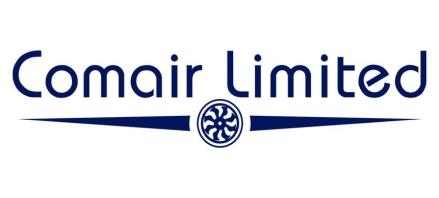
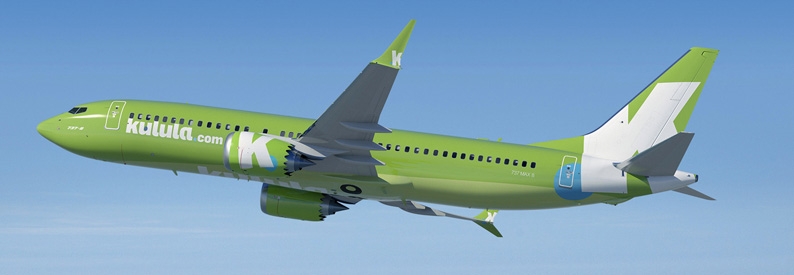
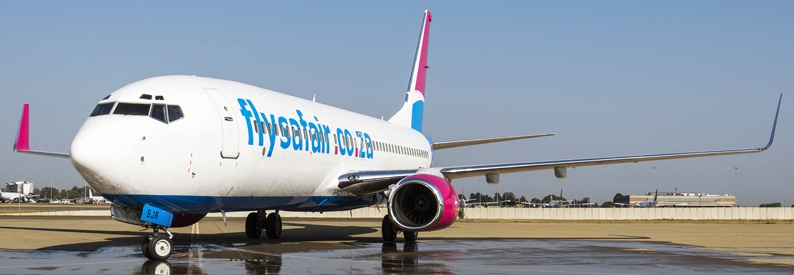
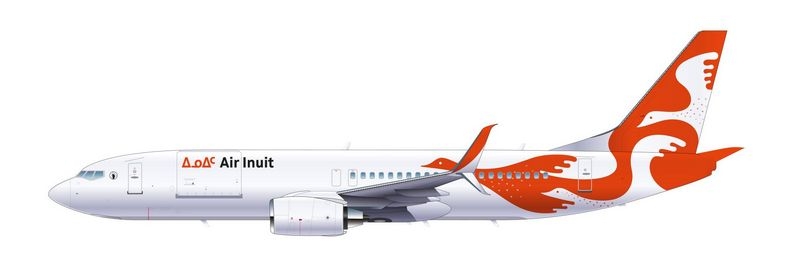
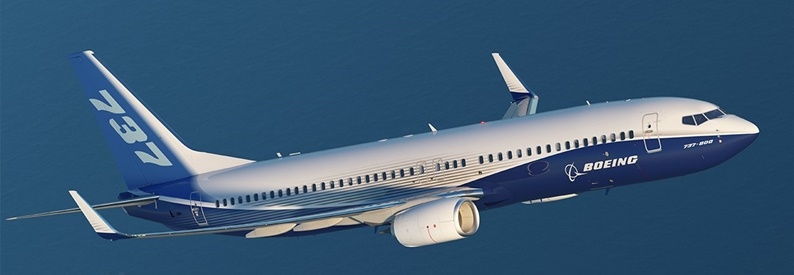
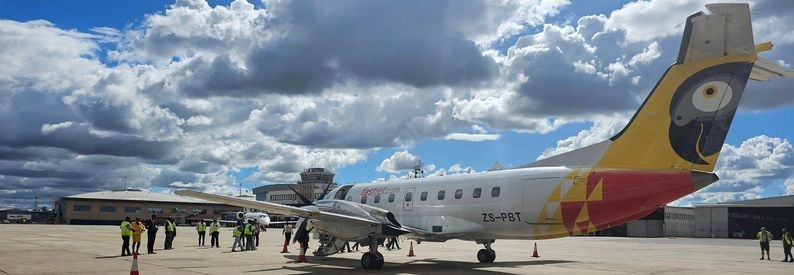
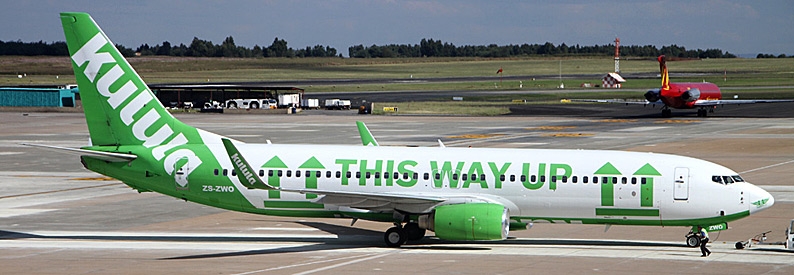
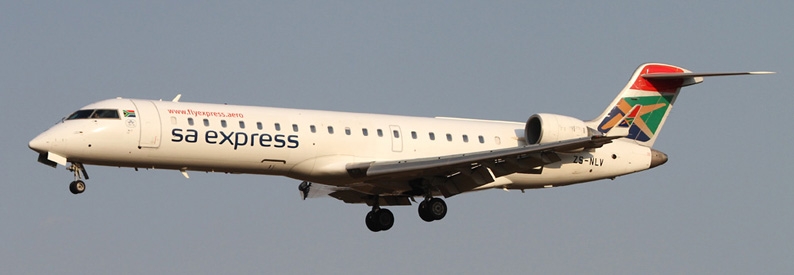
Editorial Comment: Added comment from the joint liquidators. - 06Aug2025 - 09:47 UTC